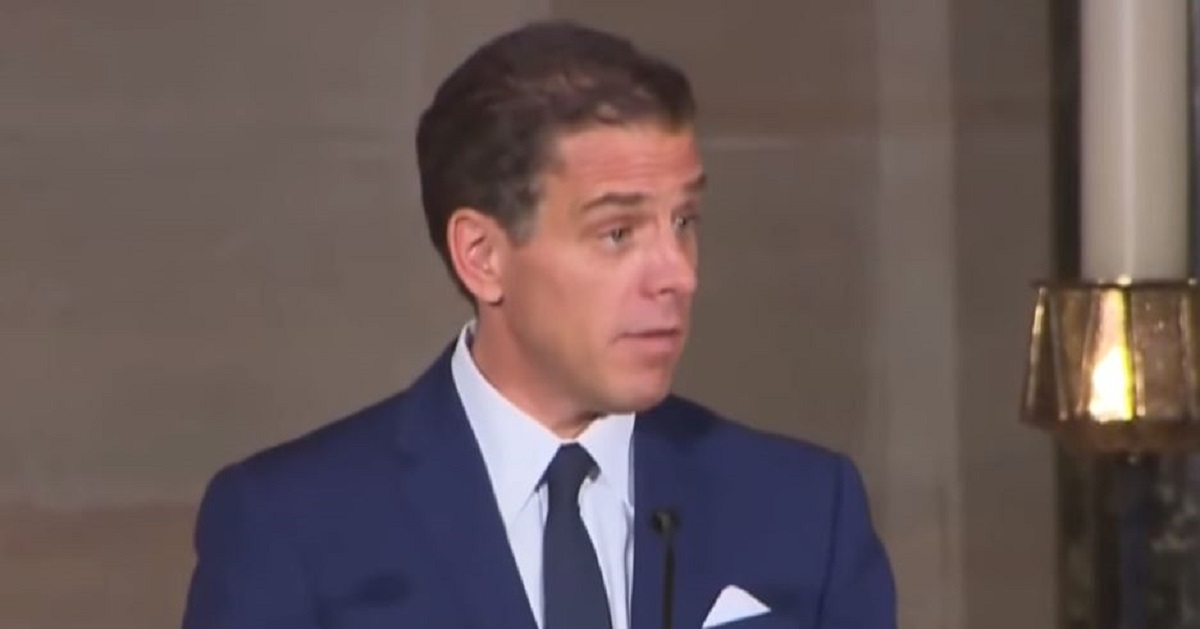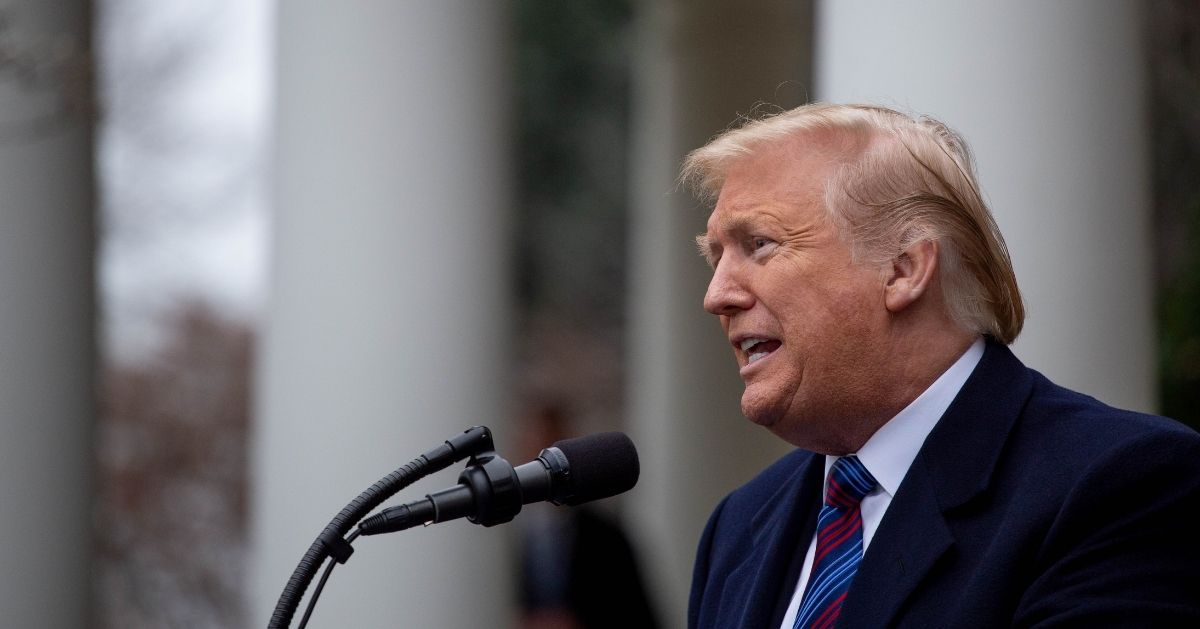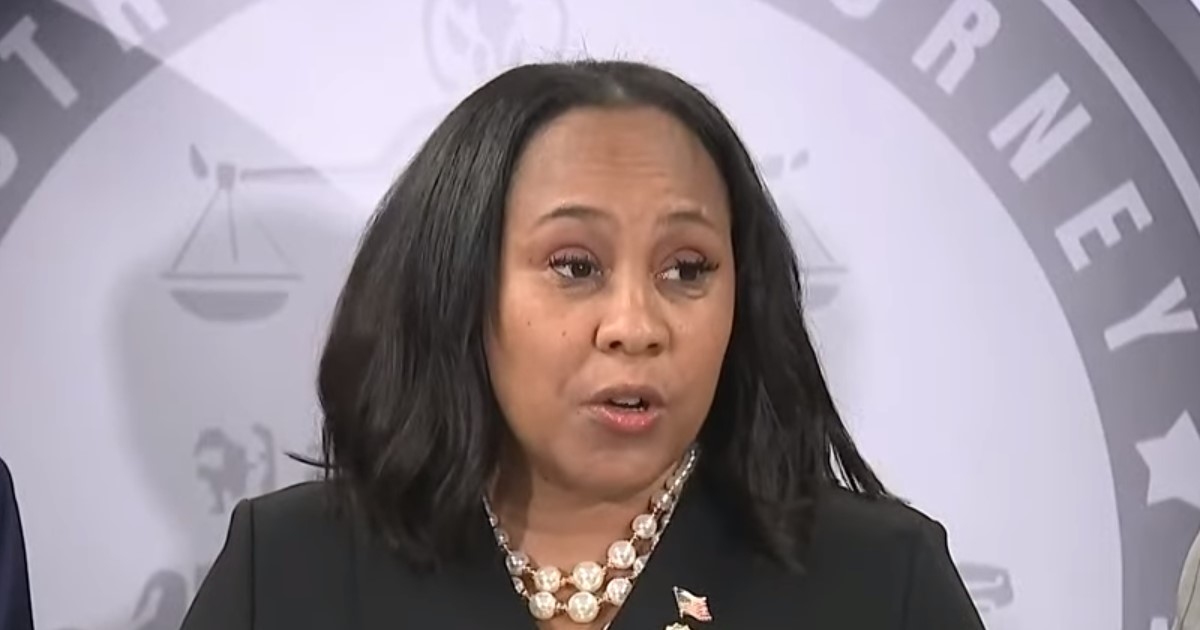Analysts claim Justice Barrett has defied the expectations of both the right and left since joining SCOTUS
When former President Donald Trump nominated Supreme Court Justice Amy Coney Barrett in 2020, many observers on the left and right assumed that she would be a reliably conservative jurist who would consistently vote on cases in ways that Trump would approve of.
That hasn't turned out to be the case, however, and though Barrett does align with the Supreme Court's conservative-leaning majority far more often than not, she has at times displayed an independent streak and willingness to side with the minority liberal wing in some instances, per a Wall Street Journal op-ed in May.
In fact, contrary to the dire predictions of some on the left, and perhaps in defiance of the expectations of some on the right, the Journal asserted that Barrett has shown that she "is no handmaid to the Supreme Court’s conservative majority."
The Supreme Court and Trump's immunity claim
One key tell here will be how Justice Barrett rules in the imminent decision on former President Trump's claim of absolute immunity from prosecution for former presidents, which should be released by the end of June.
At the time of the oral arguments in that case in April, SCOTUSblog's analysis concluded that, based on the commentary and questions from all nine justices, it seemed likely that a majority would conclude that former presidents retain some measure of immunity from prosecution after leaving office, at least with respect to their "official" acts while in office as compared to "private" acts unconnected to their presidential duties.
Such a ruling would seemingly split the difference between the argument of absolute immunity put forward by Trump's attorney, which could find favor among some of the more conservative justices, and the argument of no immunity whatsoever made by Special Counsel Jack Smith's office, which the liberal jurists appeared to align with.
Barrett forged a middle position of partial immunity
The legal analysis website Justia recently asserted that the apparent ideological gap between the two extreme ends of the Supreme Court in the Trump immunity case could be bridged by Justice Barrett by way of the aforementioned compromise of partial immunity for former presidents.
It was Barrett who managed to get Trump's attorney to concede that a former president may not necessarily be entitled to immunity from prosecution for acts that occurred while in office that could be determined to be purely "private" in nature and unrelated to their "official" duties.
"As Justice Barrett demonstrated, it is not that difficult to identify conduct that is strictly personal," the outlet noted. "Consequently, it will not be difficult separating conduct that uses the office of the President for reasons unrelated to the national interest."
Justia ultimately concluded that "Barrett’s opinion will reflect her belief in the resilience of the presidency to function without the need for absolute immunity and the ability of the justice system to operate effectively to determine whether a President’s conduct was or was not made for the public good."
Barrett has defied expectations from both sides
It is not just her presumed position on the Trump immunity case that led the Journal op-ed to assert that Justice Barrett has been a "pleasant surprise" on the Supreme Court, in that she has also staked out stances on other major cases that place her not entirely within either the more conservative wing of the court or with the more liberal jurists.
Instead, according to an analysis from CNN in April, Barrett has forged a sort of center-right middle ground on the Supreme Court alongside Chief Justice John Roberts and Justice Brett Kavanaugh -- with Justices Clarence Thomas, Samuel Alito, and Neil Gorsuch on their right flank while Sonia Sotomayor, Elena Kagen, and Ketanji Brown Jackson make up the left wing.
In fact, leftist outlet Slate even recently surmised that the Supreme Court was now essentially "Barrett's court" as she has essentially taken over the median position on the bench from Roberts, who previously most often found himself standing in the center between his right and left flanks.
That likely wasn't what former President Trump envisioned when he first nominated Barrett to the court in 2020, but it also certainly is not what the leftist doom-criers ominously predicted at the same time when they claimed that she would be a staunchly reliable far-right vote on all future cases.






